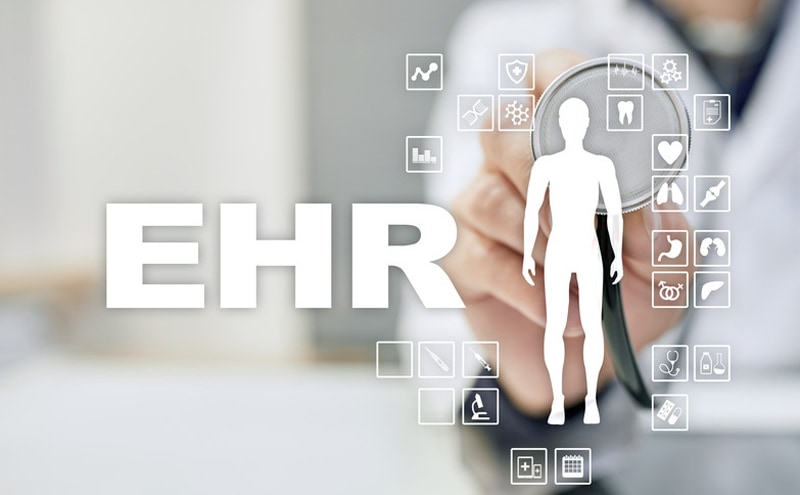Electronic health records are being implemented in hospitals, clinics and other healthcare facilities in the U.S in keeping with the government directive. Making healthcare information available anytime anywhere is one of the primary objectives behind the introduction of electronic health records. Though most of the electronic systems are highly advanced, some of them are incapable of sharing information with each other. Now this shortcoming is being addressed by smartphones. Medicare patients and veterans are among the first groups in the populace to enjoy this capability. Covered entities can now download three years of their medical history and store it in a simple text file on their smartphones or PCs with the help of the Medicare Blue Button and the Veterans Affairs Blue Button. This privilege can be enjoyed on Apple and Android phones through apps designed for the purpose.
This new capability has made it easy to share data with a healthcare provider. The government is introducing changes in the healthcare field with the intention of encouraging patients to become more focused on managing their own health. This objective of the government can be realized more easily with smartphones and health-related apps.
The downside to this is that it may also increase privacy and data security risks. In case a patient loses his/her smartphone containing medical data it can pose a real problem. Federal privacy and security rules that are binding on health plans and physicians are not extended to smartphones. So the responsibility of safeguarding healthcare data on smartphones falls on the shoulders of consumers. Users have to check how the apps are using their personal information and also whether you can remotely delete the data in case your device is stolen or lost.



